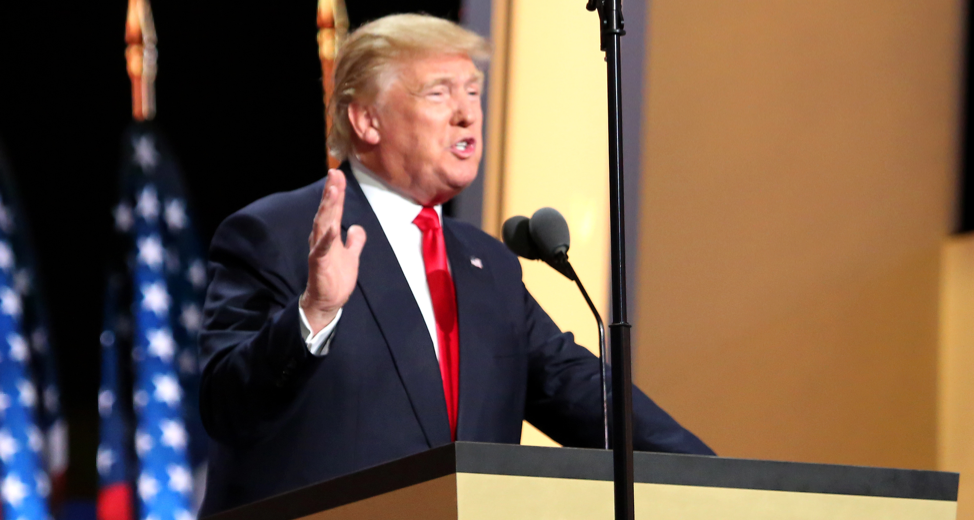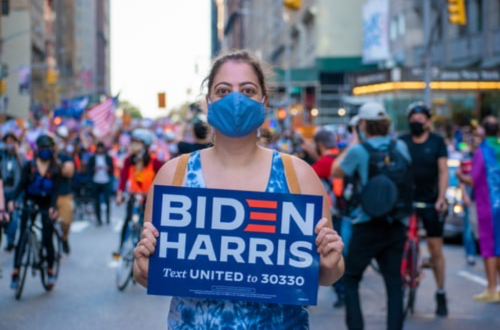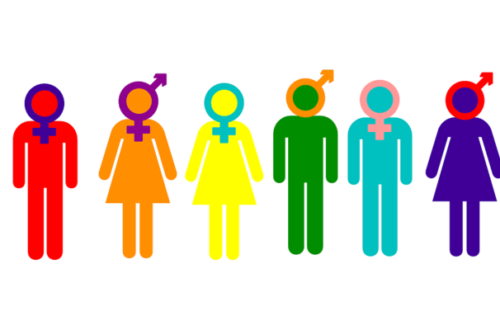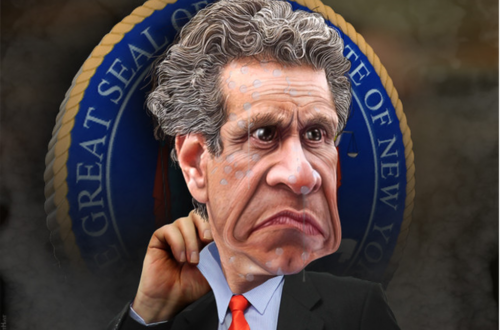Yet another testament toward the partisan divide over COVID-19 is the 2020 presidential campaign trail. While Democrats fear the risks of spreading the disease through traditional in-person campaigning, some Republicans have resumed in-person campaigning and events.
This disparity in campaign practices is derived largely from the candidates themselves. Former Vice President Biden has been emphasizing social distancing, while President Trump’s in-person rallies emphasize his desire to continue business as usual.
The most recent development in the controversial Trump campaign is the decision to move the Republican National Convention to Jacksonville, Florida.
The decision came as North Carolina’s Governor Roy Cooper found himself unable to guarantee the provision of a packed arena with limited social distancing guidelines amid a growing COVID-19 outbreak.
Analysis of recent polls reveal that Florida is becoming an increasingly menacing battleground for Trump as he also trails in other swing states such as Michigan, Pennsylvania and North Carolina. While Trump battles for Florida’s vote, Florida also battles a worsening outbreak of COVID-19.
While efforts to curb the virus’ spread dwindle, plans to host the RNC continue undeterred by Florida’s identification as a possible new epicenter for the disease.
The event set to take place at Vystar Veterans Memorial Arena has a capacity of up to 15,000 guests. Details regarding whether attendees will be required to wear masks or practice physical distancing remain unclear.
However, if this event shares anything in common with Trump’s recent Oklahoma rally, expectations for COVID-19 safety measures are quite a reach.
Would a president who sees wearing masks as a way to “signal disapproval of him” actually encourage the use of masks in an event designed to praise him?
The decision for the RNC to be held in Jacksonville, Florida — a city of almost a million people in a state where coronavirus cases are growing exponentially — once again illustrates the practice of prioritizing politics over public health.
Gov. Ron DeSantis, R-Fla., is seeking approval from Trump as the two are considered allies.
This alliance combined with DeSantis’ prospective candidacy for the presidency in 2024 points to a plausible motive to gain favor with the Republican Party. Hosting the RNC while other states refuse could earn DeSantis considerable praise.
Not only does DeSantis need respect from the Republican Party, but he also needs to maintain support among Floridians as the ineffective unemployment system and his haphazard handling of COVID-19 invite questions about his competency. Before the presidential election in 2024, he may be facing a battle for his seat as governor in 2022.
It is therefore clear that DeSantis’ political motives played a significant role in his volunteering to host the RNC despite the majority of Jacksonville voters dreading its arrival.
A recent poll conducted by the University of North Florida found that 58% of Jacksonville voters oppose hosting the RNC, and 71% expressed concern about the spread of COVID-19 as a direct result of the gathering. Another concern cited by 61% of those surveyed was the anticipation of social unrest and protests against the convention.
Party conventions are always controversial to a degree due to partisanship. However, this convention highlights a different controversy: how responsible is it to host a crowded, indoor event in the middle of a pandemic?
If the Democratic National Convention has accommodated COVID-19 concerns and regulations by aggressively downsizing or possibly going virtual, certainly a large indoor event without social distancing can be avoided, right?
Yet again, all signs point toward political motives. Politicization and underestimation of COVID-19 have led to over 2.5 million cases across the nation.
These numbers are unparalleled, demonstrating that 25% of the world’s total cases occurred in the U.S. despite it only compromising less than five percent of the world’s population. The American people cannot afford (nor do they deserve) continued selfish decisions by those in power.
The date when the RNC will come to fruition in Jacksonville is quickly approaching.
At this point, Floridians can only hope that the Republican Party, DeSantis and Trump will conduct a more thorough cost-benefit analysis of the event — this time adding the health of Americans into the equation and subtracting anticipated political gains.
Featured image: President Trump speaking at the RNC in 2016. (Unmodified photo by Ali Shaker, public domain of the United States. https://bit.ly/3dHuws8)





